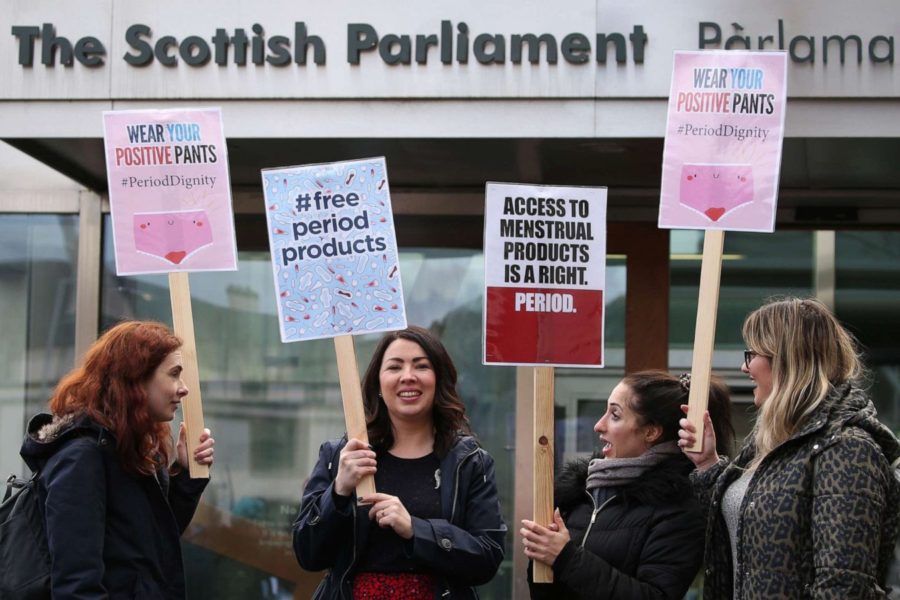It’s been two months now since Scotland moved into Phase 3 of lockdown restrictions, and pubs, shops and workplaces are beginning to reopen. I recently started a new job, and received a long policy email about how to fight COVID-19 in the workplace as part of my starter pack. Unfortunately, not every woman has been given this privilege: experts have found that women in the workplace have been set back ‘decades’ by the effects of lockdown…

‘Women have been set back decades’: pandemics and personal independence
Working women already face an uphill battle. Just under 50% of women know someone who has had to give up work due to the cost of childcare. Women are three times more likely to take time off work for caring responsibilities, either of children or elderly relatives. Women are consistently expected to be the ones sacrificing career progression for the sake of childcare, even when earning more than their husbands. Many women described leaving their jobs in order to avoid impeding the progress of their partner’s career, as well as to better cope with the burden of childcare.
In the 21st century, the majority of women work, and the majority of families need two incomes to stay above water. However, the burden of caring for the home and for children remains on women, a phenomenon commonly referred to as the ‘second shift’ – for instance, women on average spend two more hours a day on housework.
Like many issues with modern society, the pandemic and consequent measures taken (and not taken) by our government have only served to exacerbate this issue. Mothers were 47% more likely to have permanently lost their jobs or quit since lockdown began, and 14% more likely to have been furloughed. The sectors hit hardest by the crisis are the ones most likely to employ women: hospitality and retail.
Whilst the solution might appear to be allowing more people to work from home, only one in ten low earners are able to do so, and nearly 70% of low earners are women; therefore, women are disproportionately likely to be left without income during lockdown. For those that can work from home, the expectation of working and managing the household has been impossible to meet. Women working from home managed one productive hour for every three that men did, and mothers were looking after children for ten hours a day compared to fathers’ eight. Many families have been faced with tough choices that inevitably lead to mothers agreeing that leaving their job is best, if they can afford to. The final nail in the coffin is the lack of childcare: it is estimated that 150,000 providers will go out of business, meaning that the pressure on mothers to take care of their children will remain long after restrictions have been completely lifted.
During lockdown, the government exempted companies from their obligation to file data on gender pay gaps this year, and only half of all companies did. It is incredibly disappointing that without that obligation, companies simply will not bother. Analysis shows that it will likely be another 200 years before the gender pay gap is closed. We need serious intervention to ensure that women remain on track for independence. The ‘motherhood penalty’ is a serious barrier to equality, and the effects of lockdown have only sent us backwards.





Leave a Comment